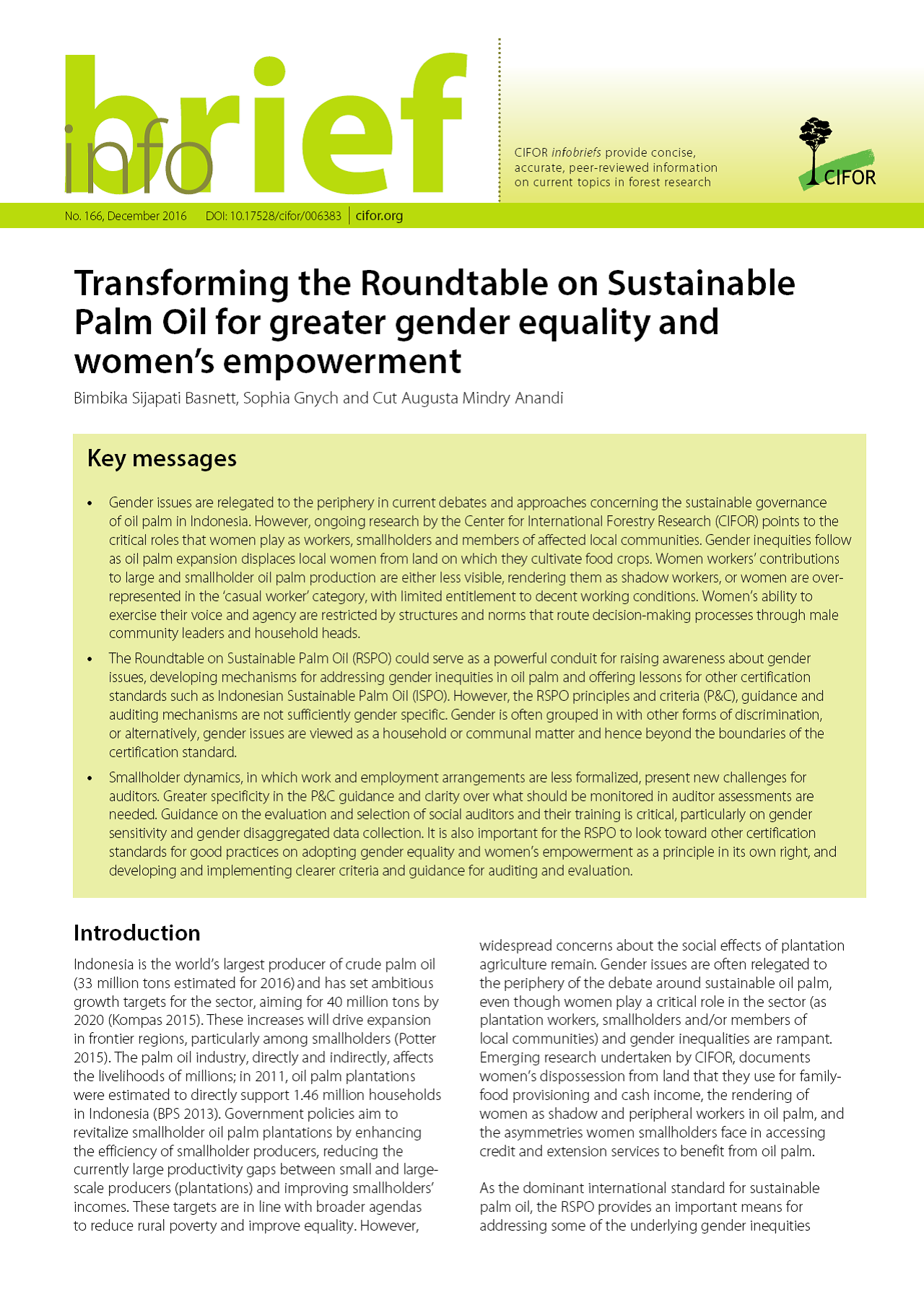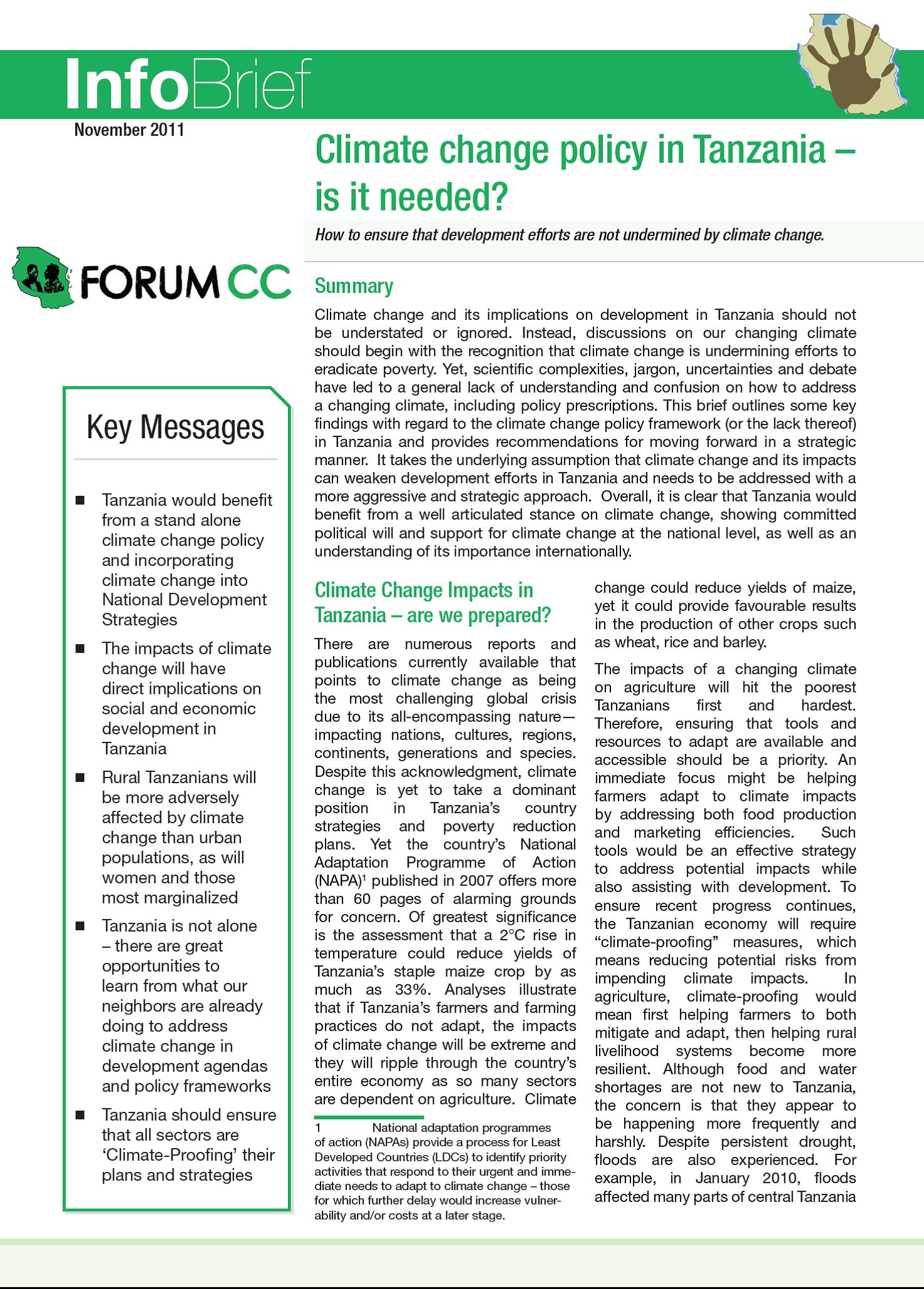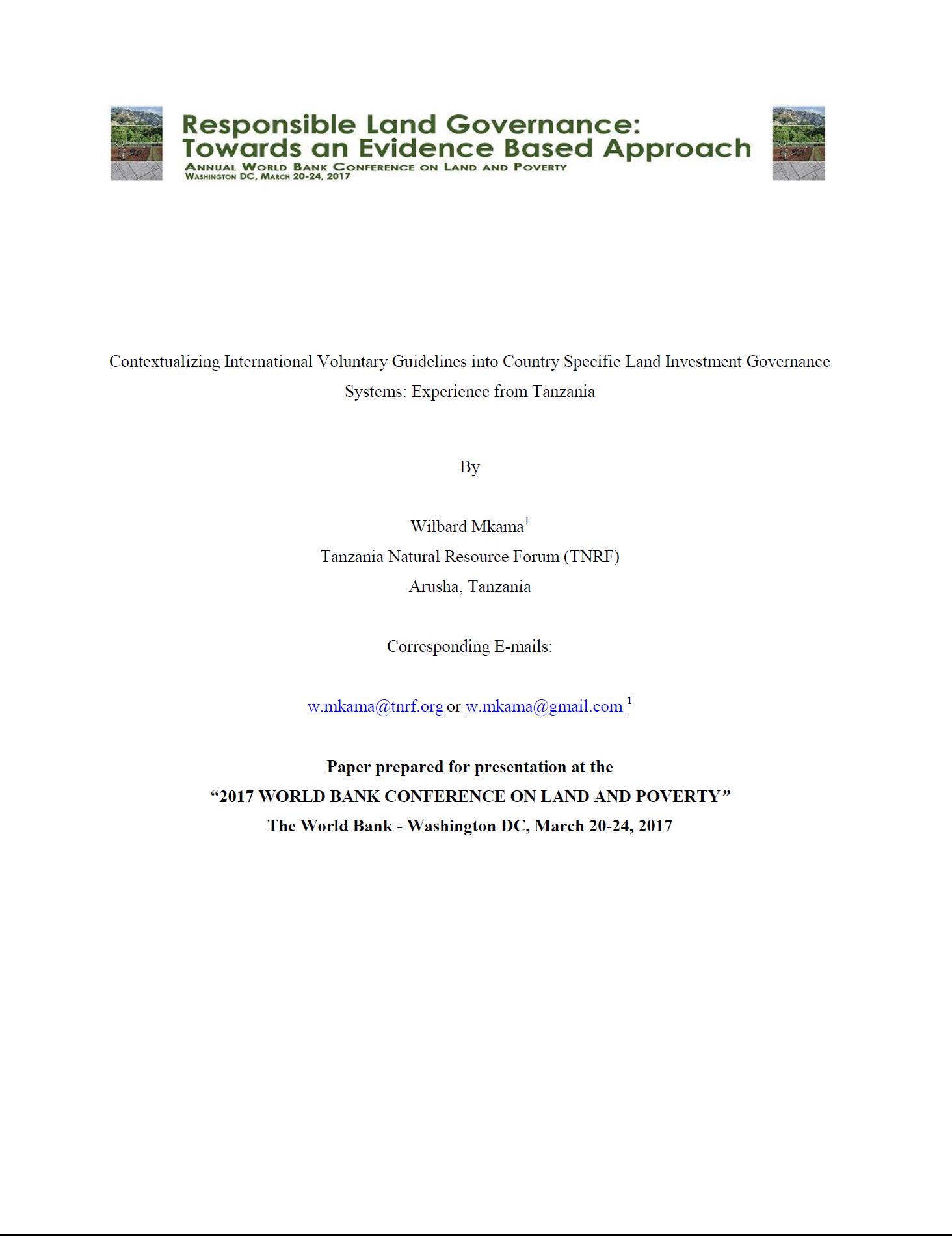Política de reforma constitucional por vía de consulta popular en Ecuador: ¿ingenuidad, sinceramiento o estrategia?
En este ensayo, se busca analizar políticamente la viabilidad de la política de reforma constitucional por vía de consulta popular impulsada por el gobierno de Rafael Correa frente al reto histórico de un proceso histórico de revolución y transformación social de la justicia.






